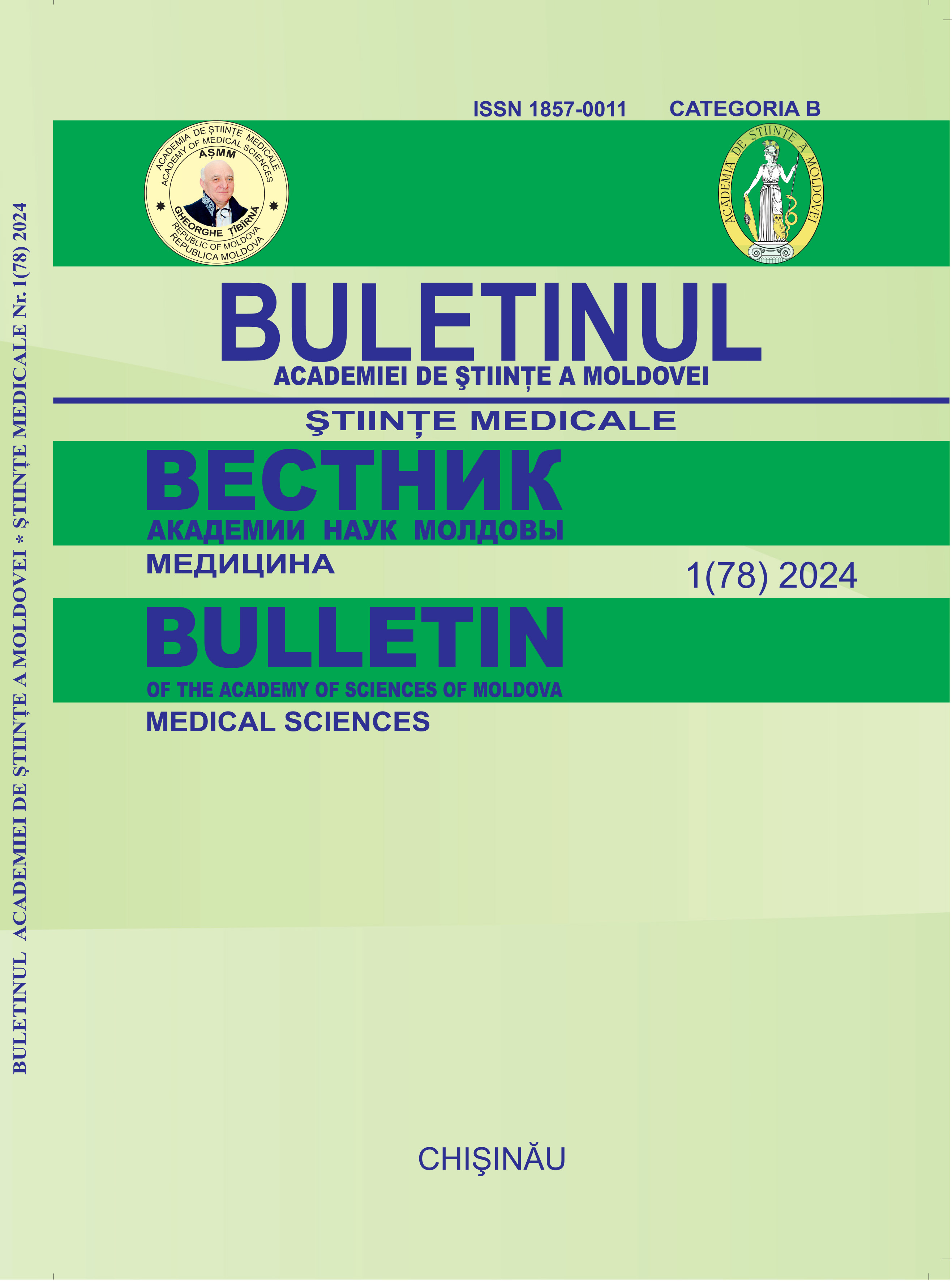NOI ABORDĂRI ÎN ESTIMAREA ȘI STRATIFICAREA RISCULUI CARDIOVASCULAR
DOI:
https://doi.org/10.52692/1857-0011.2024.1-78.15Cuvinte cheie:
Cердечно-сосудистыe заболевания, прогнозирование риска, оценка риска, сердечно-сосудистые заболевания, первичная профилактика, 10-летний риск ССЗ, пожилые люди, сахарный диабетRezumat
Bolile cardiovasculare rămîn o problemă semnificativă și în continuă creștere în Republica Moldova, reprezentând mai mult de jumătate din toate decesele și ducând la o morbiditate semnificativă. Actualmente se recunoaște că povara bolilor cardiovasculare (BCV) poate fi ameliorată printr-o reducere viguroasă a riscului și prevenirea primară, care rămîn o prioritate importantă pentru toți dezvoltatorii politicii de sanatate. Fiind una din țările europene cu risc crescut pentru bolile cardiovasculare, Moldova se confruntă cu dificultăți majore în realizarea măsurilor de prevenție a BCV atât la nivel popu- lațional cît și individual. Prezentul articol rezumă principalele noutăți din ghidurile de prevenire a bolilor cardiovasculare ale Societății Europene de Cardiologie (ESC), publicate recent, examinând aspectele lor pozitive, dar și aplicabilitatea lor la practica clinică de rutină, ținând cont de caracteristicile socioeconomice ale Moldovei. Estimarea riscului cardiovascular este un pas esențial pentru reducerea apariției evenimentelor cardiovasculare adverse. În acest scop, în Europa a fost utilizată metoda grafică a riscului de evaluare sistematică a riscului coronarian (SCORE). Efortul de a preveni BCV aterosclerotic se concentrează pe identificarea pacienților care ar beneficia cel mai mult de tratamentul factorilor de risc BCV.
Referințe
ESC Guidelines on cardiovascular disease prevention in clinical practice: Developed by the Task Force for cardiovascular disease prevention in clinical practice with representatives of the European Society of Cardiology and 12 medical societies With the special contribution of the European Association of Preventive Cardiology (EAPC), Eur Heart J, Vol 42, 2021, p. 3227–3337
ACC/AHA Guideline on the Primary Prevention of Cardiovascular Disease: A Report of the American College of Cardiology/American Heart Association Task Force on Clinical Practice Guidelines. Circulation. 2019;140:e596–e646
Anuarul statistic al sistemului de sănătate din Moldova, Chișinău aa 2021 - 2022
Ebrahim S, Taylor F, Ward K, et al. Multiple risk factor interventions for primary prevention of coronary heart disease. Cochrane Database Syst Rev 2011:CD001561
Si S, Moss JR, Sullivan TR, Newton SS, Stocks NP. Effectiveness of general practice-based health checks: a systematic review and meta-analysis. Br J Gen Pract 2014;64:e47-53.
Koon K. Teo, MBBCh, PhD, FRCPC, FCCS, and Talha Rafiq, MSc Cardiovascular Risk Factors and Prevention: A Perspective From Developing Countries. Canadian Journal of Cardiology 37 (2021) 733-743
Guy De Backer, New insights in cardiovascular risk estimation and stratification. e-Journal of Cardiology Practice Vol. 22, N° 16 - 22 Jun 2022
V.Arrarte,et al./Comments on the 2021ESC Guidelines on cardiovascular disease prevention in clinical practice. Rev Esp Cardiol.2022;75(5):364–369367
ESC/EAS Guidelines for the management of dyslipidaemias: lipid modification to reduce cardiovascular risk: The Task Force for the management of dyslipidaemias of the European Society of Cardiology (ESC) and European Atherosclerosis Society. Eur Heart J, Vol 41, Issue 1, 2020, p. 111–188
Mancia G, Kreutz R, Brunström M, et al. 2023 ESH guidelines for the management of arterial hypertension the Task Force for the management of arterial hypertension of the European Society of Hypertension: endorsed by the International Society of Hypertension (ISH) and the European Renal Association (ERA). J Hypertens 2023;41:1874-2071.
ESC Guidelines for the management of cardiovascular disease in patients with diabetes: Developed by the task force on the management of cardiovascular disease in patients with diabetes of the European Society of Cardiology. Eur Heart J, Vol 44, Issue 39, 2023, p. 4043–4140
STEPS: prevalence of noncommunicable disease risk factors in the Republic of Moldova, 2021, WHO, https://www.who.int/europe/publications/i/item/WHO-EURO-2022-6785-46551-67555
Protocol Clinic Național ,, Prevenția Bolilor Cardiovasculare”, PCN-423,Ministerul Sănătăți, Republica Moldova, https://ms.gov.md/legislatie/ghiduri-protocoale-standarde/cardiologie-2/
Ian M Graham, Emanuele Di Angelantonio, Radu Huculeci, New Way to „SCORE” Risk: Updates on the ESC Scoring System and Incorporation into ESC Cardiovascular Prevention Guidelines, Curr Cardiol Rep 2022 Nov;24(11):1679-1684.
SCORE2-OP risk prediction algorithms:estimating incident cardiovascular event risk in older persons in four geographical risk regions, SCORE2-OP working group and ESC Cardiovascular risk collaboration, European Heart Journal (2021) 42, p. 2455–2467
Carlos Brotonsa, Irene Morala, Diana Fernándeza, et al. Assessment of the New SCORE OP Cardiovascular Risk Charts in Patients Older Than 65 Years. Rev Esp Cardiol., Vol. 69. Issue 10, pages 981-983
SCORE2-OP Working Group and ESC Cardiovascular Risk Collaboration. SCORE2-OP risk prediction algorithms: estimating incident cardiovascular event risk in older persons in four geographical risk regions. Eur Heart J 2021;42:2455-67
Lin JS, Evans CV, Johnson E, Redmond N, et al. Nontraditional Risk Factors in Cardiovascular Disease Risk Assessment: Updated Evidence Report and Systematic Review for the US Preventive Services Task Force. JAMA 2018;320:281–297
Orsolya Csenteri1, Zoltán Jancsó1, Gergő József Szöllösi1, Differences of cardiovascular risk assessment in clinical practice using SCORE and SCORE2, BMJ (2022) Volume 9, Issue 2
SCORE2-Diabetes: 10-year cardiovascular risk estimation in type 2 diabetes in Europe, SCORE2- Diabetes Working Group and the ESC Cardiovascular Risk Collaboration, European Heart Journal (2023) 44, 2544–2556
Comprehensive Management of Cardiovascular Risk Factors for Adults With Type 2 Diabetes, Circulation. 2022;145:e722–e759. DOI: 10.1161/CIR.0000000000001040
Liew SM, Lee WK, Khoo FM, et.al. Can doctors and patients correctly estimate cardiovascular risk? A cross-sectional study in primary care. BMJ Open. 2018;8:e01771.
Conroy RM, Pyörälä K, Fitzgerald AP, et al; SCORE project group. Estimation of ten-year risk of fatal cardiovascular disease in Europe: the SCORE project. Eur Heart J. 2003;24:987-1003
De Backer GG. New risk markers for cardiovascular prevention. Curr Atheroscler Rep. 2014;16:1-8.
Cooney MT, Selmer R, Lindman A, Tverdal A, Menotti A, Thomsen T, De Backer G, De Bacquer D, Tell GS, Njolstad I, Graham IM; SCORE and CONOR investigators. Cardiovascular risk estimation in older persons: SCORE-O.P. Eur J Prev Cardiol. 2016; 23: 1093-103.
Descărcări
Publicat
Număr
Secțiune
##category.category##
Licență
Copyright (c) 2024 Buletinul Academiei de Științe a Moldovei. Științe medicale

Această lucrare este licențiată în temeiul Creative Commons Attribution 4.0 International License.



